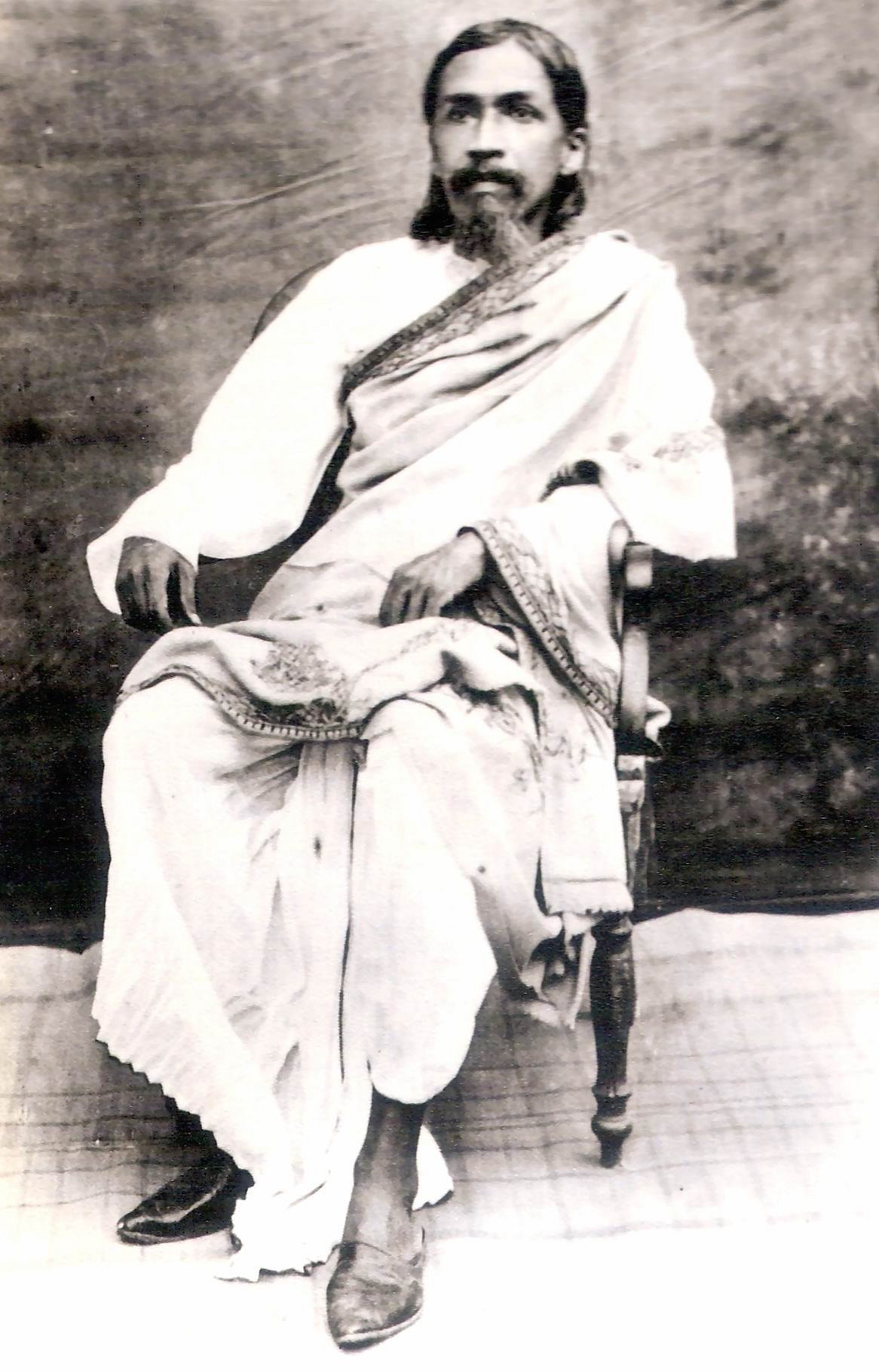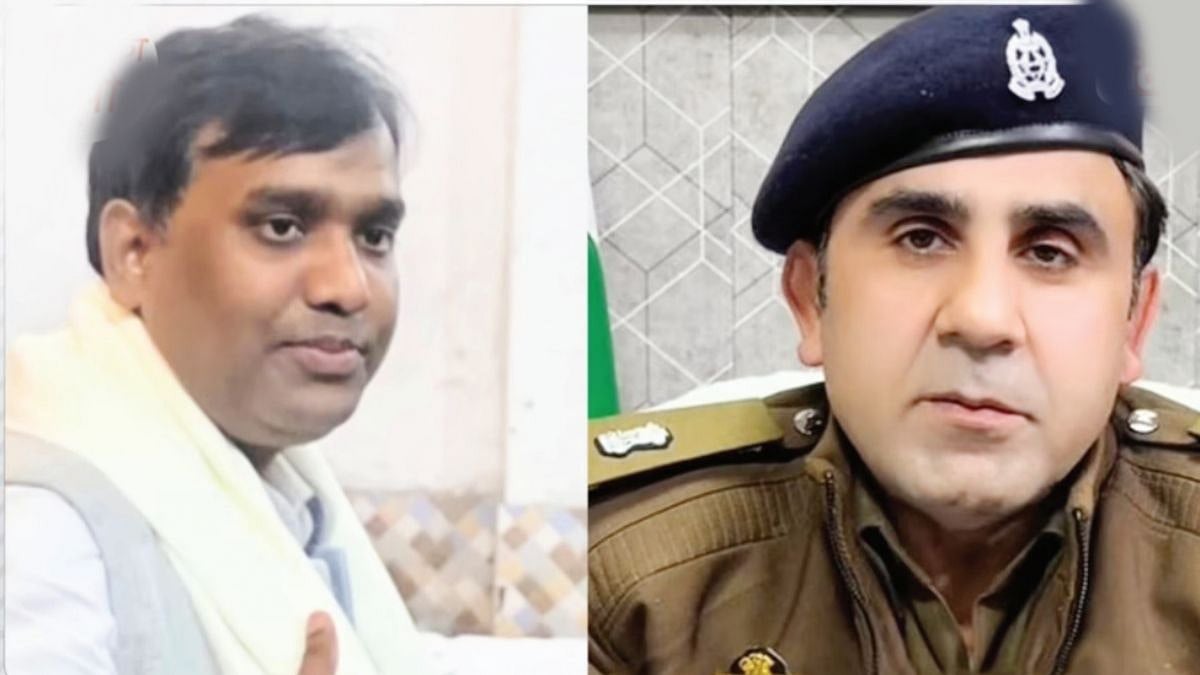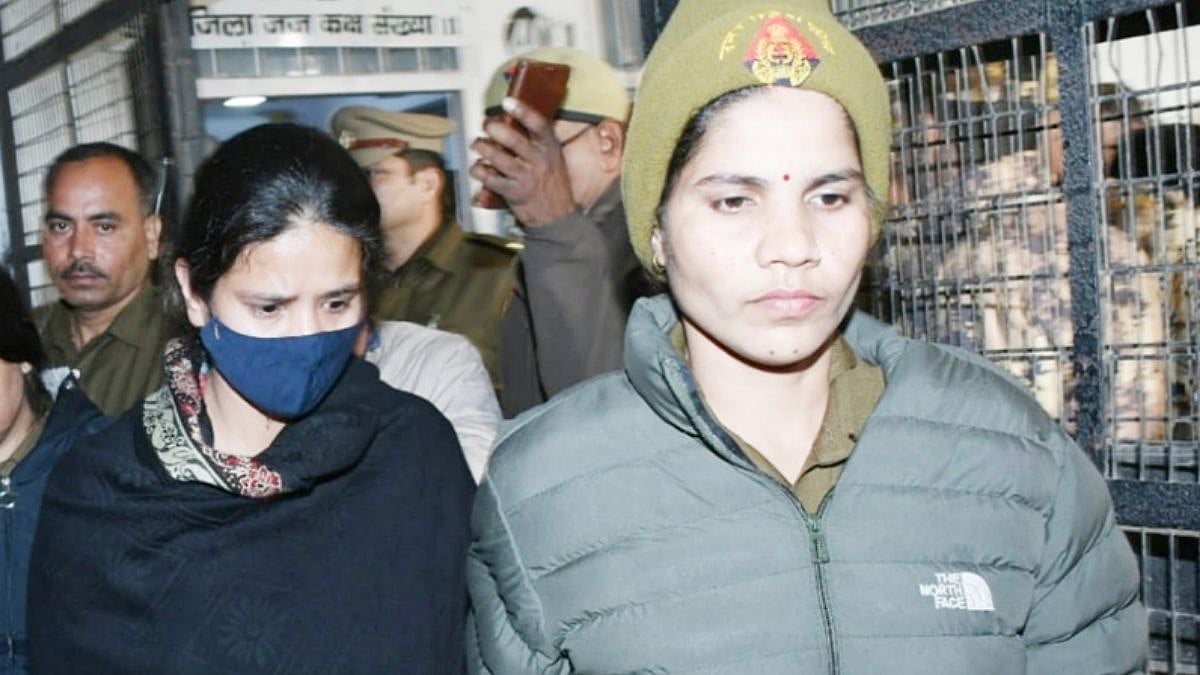Aurobindo set on a path of spiritual learning and evolution by practicing secluded Yoga continuously for four years which he termed as “Integral Yoga”, writes MEERA S. SASHITAL.
Among the great sons of India who made a name in Indian Politics and Independence was Aurobindo Ghose. Aurobindo Ghose was born in Calcutta on 15th August 1872 to Krishna Dhun Ghose and his wife Swarnalotta Devi. His father who was then an Assistant Surgeon of Rangapur in Bengal was an ardent fan of the British culture so he encouraged his children to learn English and study in schools where his children would be exposed to Christianity. Although his family was Bengali, his father believed British culture to be superior to that of his countrymen.
Aurobindo and his two elder siblings were sent to the English-speaking Loreto House boarding school in Darjeeling, the hub of British Culture in India to improve their language skills. Darjeeling was a centre of British life in India and the school was run by Irish nuns, through which the boys would have been exposed to Christian religious teachings and symbolism.
Krishna Dhun Ghose wanted his sons to enter the Indian Civil Service (ICS) and as to achieve this it was necessary to study in England, the three brothers were placed in the care of the Reverend W.H. Drewett in Manchester. Drewett was a minister of the Congregational Church whom Krishna Ghose knew through his British friends. The boys were taught Latin by Drewett and his wife as this was a prerequisite for admission to good English schools
Aurobindo continued his studies with the Drewetts, learning history, Latin, French, Geography and arithmetic. The

boys were inevitably exposed to Christian teachings and events which generally bored Aurobindo and sometimes even repulsed him. Aurobindo’s inclinations to social reforms and evolutions can be attributed to his great-grandfather’s close involvement in the Brahmo Samaj religious reform Movement.
At a tender age of seven Aurobindo was sent to England, we are told, and stayed there for fourteen years. It seems there was little contact between him and his father who wrote very few letters to his sons but from the little communications we have, they indicate that his father was becoming less endeared to the British Raj than before, on one occasion describing the British Raj as a “heartless government.
Drewett immigrated to Australia resulting in the boys to be uprooted as they went to live with Drewett’s mother in London. There they joined St. Pauls School (1884) and Aurobindo attained scholarship to solve his father’s financial difficulties. His dedication and sharp intellect helped him clear the Indian Civil Service exam too. It is said Aurobindo had no interest in the ICS and came late to the horse-riding practical exam purposefully to get him disqualified for the service. Being exposed to the evangelical strictures of Drewett’s mother he had developed distaste for religion too.
Aurobindo came back to India in 1893 after getting a job with the royal family of Baroda (Gaekwad). He was fluent with many foreign languages but less familiar with Indian culture. He spent twelve years in Baroda serving as a teacher, secretary to the Maharaja of Gaekwad, and also the Vice Principal of Baroda College thereby becoming more familiar with his mother tongue, Indian culture and traditions. It was only after staying in India for twelve long years that Aurobindo could understand the harm that the British had done to the Indian civilization and he slowly started showing interest in politics against British rule. While in the services of the Baroda administration, he contributed articles to Indu Prakash and covertly got in touch with resistance groups in Bengal and Madhya Pradesh. He established contact with Lokmanya Tilak and Sister Nivedita.
Aurobindo finally moved to Kolkata in the year 1906 after the announcement of the partition of Bengal Publicly. Aurobindo supported non-co-operation and passive resistance to the British but in private he was involved in secret revolutionary activities and helped build the revolutionary atmosphere in the country. Aurobindo was influenced mostly by the studies on rebellion and revolutions against England in medieval France and the revolts in America and Italy.
In Bengal, he got in touch with revolutionaries and inspired young radicals such as Bagha Jatin, Jatin Banerjee and Surendranath Tagore. He was also instrumental in the formation of several youth clubs including the Anushilan Samiti. In 1906, he participated in the Indian National Congress annual session which was headed by Dadabhai Naoraji.
He helped in building the fourfold objectives of the National Movement via. Swaraj, Swadesh, Boycott and National education. He started a daily newspaper Bande Mataram in 1907. In May 1908, the British arrested him in connection with the Khudiram or Alipore Bomb Case. He was arrested on charges of planning and overseeing the attack by the revolutionaries on Magistrate Kingsford, a judge known for handing down particularly severe sentences against nationalists.
Aurobindo was subsequently released after one year of solitary confinement. Once out of the prison he started two new publications, Karmayogin in English and Dharma in Bengali. He also delivered the Uttarpara Speech hinting at the transformation of his focus to spiritual matters. While in Alipore jail, he slowly realized that he was not destined to lead the freedom struggle and gradually diverted to mystical and philosophical way of life thereby initiating this new journey of spiritual awakening. In April 1910 Aurobindo moved to Pondicherry (which was then a French Colony) to start a new life.
In Pondicherry Aurobindo set himself on a path of spiritual learning and evolution by practicing secluded Yoga continuously for four years which he termed as “Integral Yoga”. He proposed the importance of spiritual practices in human transformation into a divine entity from Politics to Spiritualism. During the Alipore Bomb Case he was kept in confinement in Alipore Jail and it was during this period that his view of life radically changed due to spiritual experiences and realizations. Aurobindo said that he constantly heard the voice of Vivekananda speaking to him for almost a fortnight in the jail and from there began a new journey towards spiritualism. After settling in Pondicherry, he dedicated to his spiritual and philosophical pursuits. In 1914, he started a monthly philosophical magazine “Arya”.
Slowly Aurobindo began to attract followers and the number kept increasing resulting in the formation of Sri Aurobindo Ashram in 1926. Apart from yoga and spirituality, he also wrote about the Indian culture, Vedas and the Human Cycle etc. Aurobindo had a flair for poetry even when he was in England. His poetic inclinations revived in 1930s and took shape of a great piece of literature, Savitri a poem of 24000 lines and purely spiritual.
He was nominated for the Nobel Prize in Literature (1943) and Nobel Prize for Peace (1950) for his innumerable contributions in the field of poetry, spiritualism and philosophical literature. After the establishment of the Ashram, he began using ‘Sri” before his name, meaning sacred in Sanskrit. The foundation of the Ashram was laid with the help of Mirra Richard (a French national and the collaborator of Aurobindo Ghose) who came to Pondicherry in 1914. At the age of 28, Aurobindo had married Minalii, daughter of Bhupal Chandra Bose, a senior government official , in 1901. Mrinalini died in December in 1918 during the influenza pandemic.
Mirra Richard took charge of the management of Ashram after he went into seclusion in 1926. She began to be known as ‘The Mother’ and was considered an equal to Aurobindo in spiritual wisdom and knowledge. Sri Aurobindo passed away on December 5, 1950. Sri Aurobindo’s philosophical as well as political works were appreciated by the then Prime Minister Jawaharlal Nehru and the then President Rajendra Prasad. Sri Aurobindo Ghose was an Indian Nationalist, philosopher, Yogi, Guru and Poet.









